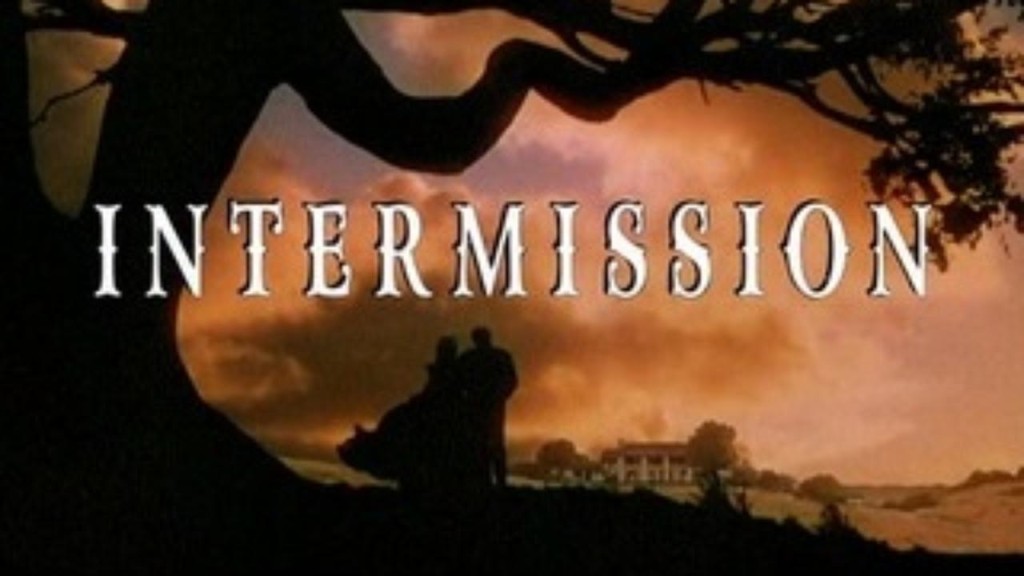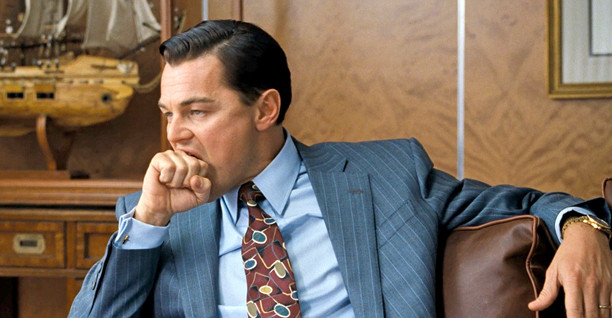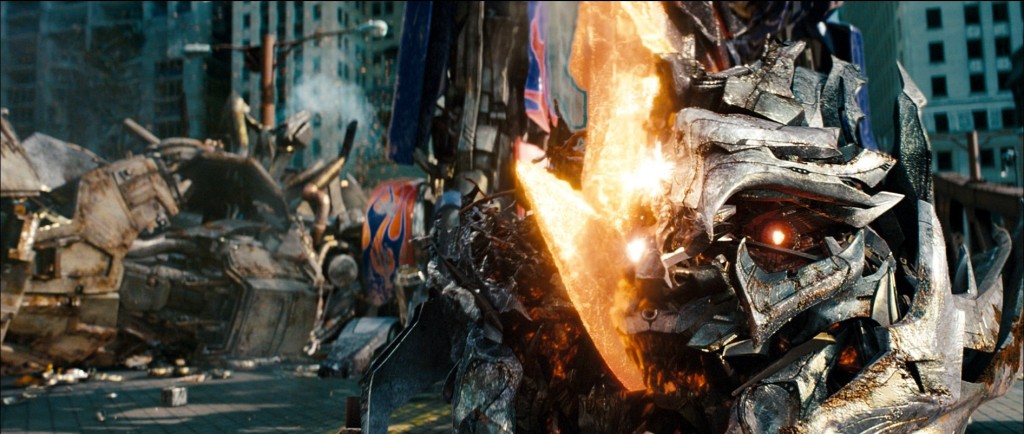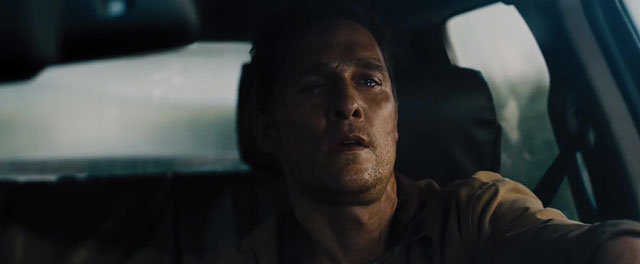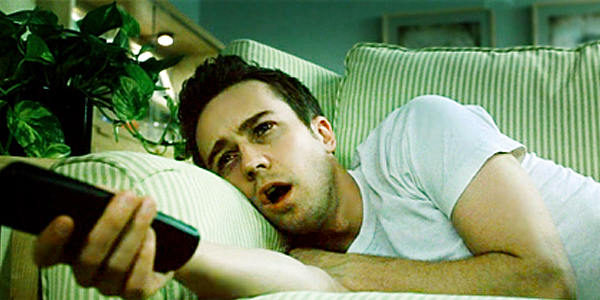A few weeks ago my three month old was only sleeping about an hour at a time – he’s since gotten much better. But this led me and my wife to watch a recently released three hour long movie that shall remain nameless in three or four separate segments and, honestly, it felt like a much better way to watch it than siting down for it all at once.
Historically, epic movies with a massive sprawling tale to tell tended to run about three hours. See movies like Gone With The Wind, The Ten Commandments, or Lawrence Of Arabia. But these films came out at a time when films were still competing with live theater, so two hours, followed by an intermission, followed by another hour was by and large acceptable.
Those times have long since passed. Films are more popular, more accessible and certainly more affordable than live theater. So it’s time they broke from that mold. But I’m willing to forgive a Braveheart here, a Heat there, or even the occasional Gladiator over yonder.
What bothers me is why so many contemporary movies are running up around the three hour mark, for seemingly no other reason other than the director’s ego demands you spend half your day staring at his creation.
Now, I look at the most guilty culprits and it’s easy to understand why this type of bloat is allowed. Martin Scorsese has been making great films forever, Quentin Taratino is one of the last guys can can legitimately claim the title auteur, Michael Bay’s terrible movies make a billion dollars every year, and Christopher Nolan is probably the most successful filmmaker (combining critical and commercial success) of the 21st century.
That being said, The Wolf Of Wall Street was a good hour too long. It was basically a series of events, several of which could have been excised without hurting the film in the least. But him making us watch these awful people do awful things for three hours is just an awful way to treat your audience.
Most of The Hateful Eight’s runtime takes place in a single location with maybe ten characters. How the hell do you allow that picture to explode up to three hours? I mean this is the same guy who made the same kind of movie in Reservoir Dogs more than twenty years ago, and he did it then in just over 90 minutes.
He had the right idea about ten years ago, though, when he released Kill Bill in two volumes that ran about two hours a piece. Why, then, did he decide that he would rather have his viewers slog through the whole damn thing in one sitting?
And, come one, is there anyone out there who doesn’t think Django Unchained should have ended with that first big shootout in Candie Land? I don’t recall anyone calling out for an extra monologue, Tarantino’s terrible South African accent and a second – smaller – shoot out in Candie Land. Do you?
There’s not really anything I can say about Michael Bay’s monstrously bloated, increasingly lackluster filmography that hasn’t been said before. But I would like to point out that he’s made four Transformers movies, the first of which was two and a half hours long, and each proceeding sequel was five minutes longer than the previous one.
At this rate, the next one will run all of four hours, and it will still only have about 45 minutes of giant transforming robots punching each other.
Every film Christopher Nolan makes is more critically acclaimed and makes higher box office grosses than the one before it. However, he seems to think that the way to keep that going to to make each movie longer. The Dark Knight Rises was 2 hours and 45 minutes long. I love me some Batman, but come on!
Interstellar had some really strong and interesting central ideas, along with great visuals, but it did not need to spend an hour driving around the future dustbowl with astronaut farmer Matthew McConaughey before he decides to take off into space in order to save humanity. That entire first act could have been summed up in a five minute flashback segment halfway through the movie.
The truth is that no studio is going to force edits upon these guys, at least not until one of them stumbles and puts out a three and a half hour critically reviled box office bomb. But these are smart guys, they should be able to figure out how to edit themselves to maximize a solid two hours, give or take.
My solution, revealed to me by hourly baby cries, is not really an appealing one for these filmmakers or their studios. The reason being that these films do make upwards of a billion dollars each.
Oddly enough, I really don’t have a problem sitting for three hours of a TV show on Netflix, Amazon Prime, or HBOGo. I’ve realized that this is mainly because I know I don’t need to since each episode will end in a place for a natural break. But, again, while TV may offer a legitimate artistic outlet for guys who want to film something that lasts for six hours, it will never rake in the box office millions.
To that I’ll say that I’m very happy my boy is sleeping pretty much through the night now. But I’ll keep utilizing the lesson he taught me, and watch these big fat bloaters in nice bite sized treats.
